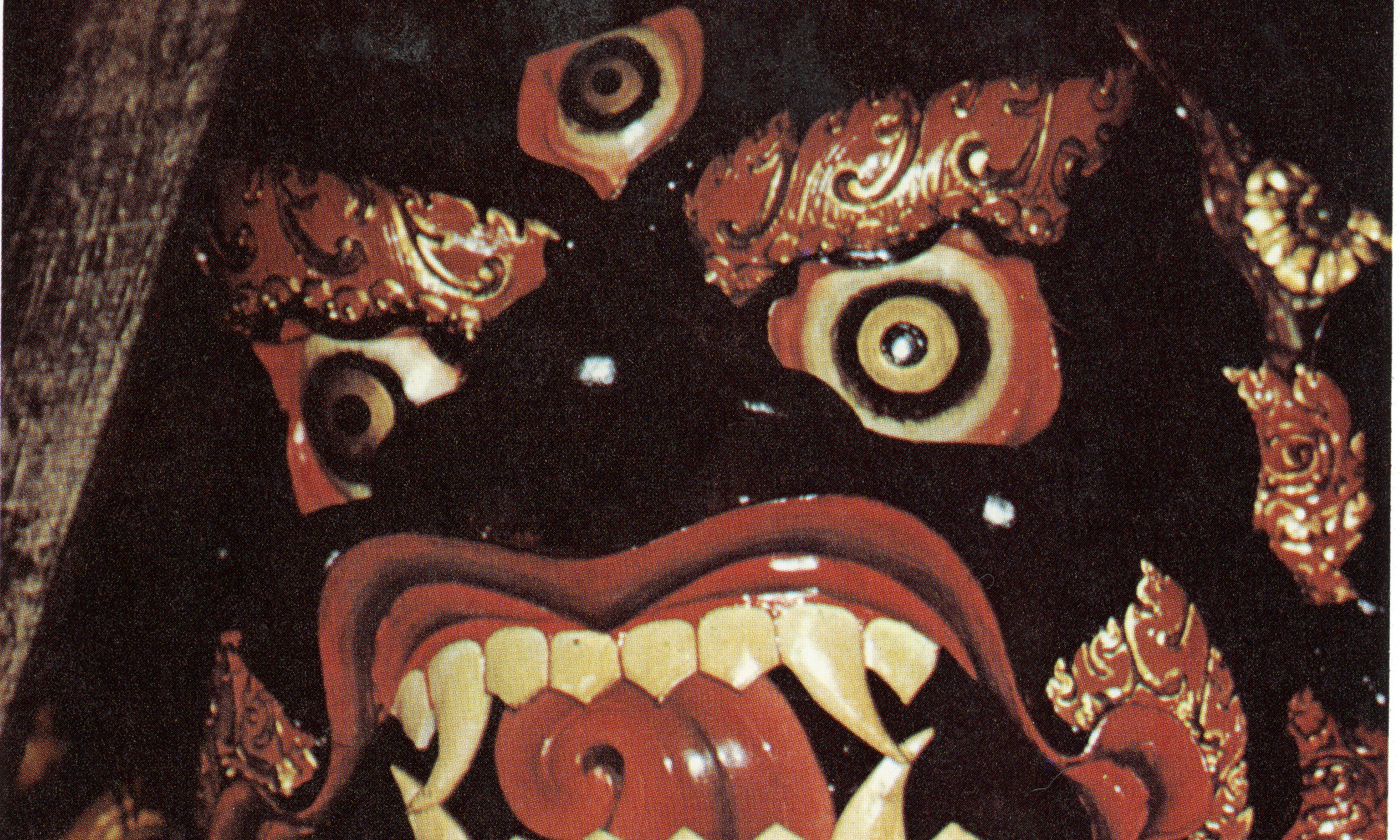Éliane Radigue: Trilogie de la Mort
Éliane Radigue: Trilogie de la Mort

Artists Space
New York, NY 10013
The program is approximately three hours long.
Created between 1985 and 1993, Trilogie de la Mort is considered by many to be Éliane Radigue’s masterpiece. An extended sonic meditation on death informed by Radigue’s dedicated engagement with Tibetan Buddhism, the piece is made up of three hour-long ARP 2500 synthesizer compositions: Kyema, Kailasha, and Koumé. Kyema was inspired by the Bardo Thodol, or Tibetan Book of the Dead, with six sections reflecting the six bardos, or intermediate states of life and death which constitute the existential continuity of a being. Shortly after finishing the piece in 1988, Radigue learned of a tragic car accident which took the life of her son Yves. Two weeks later, she began work on Kailasha, named after the most sacred of the Tibetan mountains, Mount Kailash. Although an actual visit to the site, considered to be the center of the world in Tibetan cosmology, was beyond Radigue’s capacity, the piece functions both as a sonic pilgrimage and a memorial to her deceased son and was completed in 1991. A subsequent trip to Nepal for the cremation of her Tibetan master convinced Radigue of the transcendental aspect of death as part of a perpetual becoming, lending a heightened clarity to Koumé, which she finished in 1993, completing the trilogy. Trilogie de la Mort was premiered in November 1993 at the monastery at Cimiez in Nice where the sound from hidden loudspeakers seemed, according to minimalist composer Tom Johnson, to ooze out of the walls.
Trilogie de la Mort will be diffused using a newly produced reel-to-reel tape edition made from the original master, one of a series produced by Blank Forms in collaboration with Radigue for the high quality presentation of her work.
Éliane Radigue (b. 1932) is a pioneering French composer of undulating continuous music marked by patient, virtually imperceptible transformations that purposively unfold to reveal the intangible, radiant contents of minimal sound—its partials, harmonics, subharmonics and inherent distortions. As a student and assistant to musique concrète pioneers Pierre Schaeffer and Pierre Henry in the ‘50s and ‘60s, Radigue mastered tape splicing techniques, but preferred the creation of fluid, delicately balanced feedback works to the spasmodic dissonance of her teachers’ music. Finding peers among minimalist composers in America, Radigue began working with synthesis in 1970, eventually discovering the ARP 2500 synthesizer, which she would use exclusively for her celebrated electronic works to come. With remarkable restraint, Radigue spent years on each piece, painstakingly assembling series of subtle, pulsating ARP recordings to be later mixed meticulously into hourlong suites of precise, perpetual mutation. In 2001, Radigue adapted an early feedback work to live performance on electric bass, Elemental II, and in 2004, with the encouragement of ongoing collaborator Charles Curtis, she permanently abandoned electronics for acoustic composition, beginning with Naldjorlak for solo cello, composed for Curtis. As within each individual work, Radigue has maintained an obstinate focus throughout the flow of her career, her dedication to the materiality of sound earning her numerous accolades and ensuring her place as one of the most important composers of our time.
Trilogie de la Mort is part of Éliane Radigue: Intermediate States, a retrospective curated by Lawrence Kumpf and Charles Curtis and developed in collaboration with Éliane Radigue for Blank Forms in New York. The retrospective seeks to present Radigue’s practice in a richly contextualized, holistic manner to draw out important connections between her early and late periods of work, examining the breadth of her practice and juxtaposing her compositions with new interpretations and experimental re-stagings by contemporary composers. The retrospective will continue with more programs into 2020.
55 Walker St is accessible via elevator from street level, welcomes assistance dogs, and has wheelchair accessible non-gender-segregated toilet facilities. It is located within three blocks from the Canal St. 1, 2, A, C, E, J, Q, and R subway stops. For access inquiries please write to Blank Forms and we will make every effort to accommodate you.
Éliane Radigue: Intermediate States has been made possible by support from the New Music Fund, a program of FACE Foundation, with generous funding from the Cultural Services of the French Embassy in the United States, Florence Gould Foundation, Fondation CHANEL, French Ministry of Culture, Institut français-Paris, and SACEM (Société des Auteurs, Compositeurs et Editeurs de Musique).

